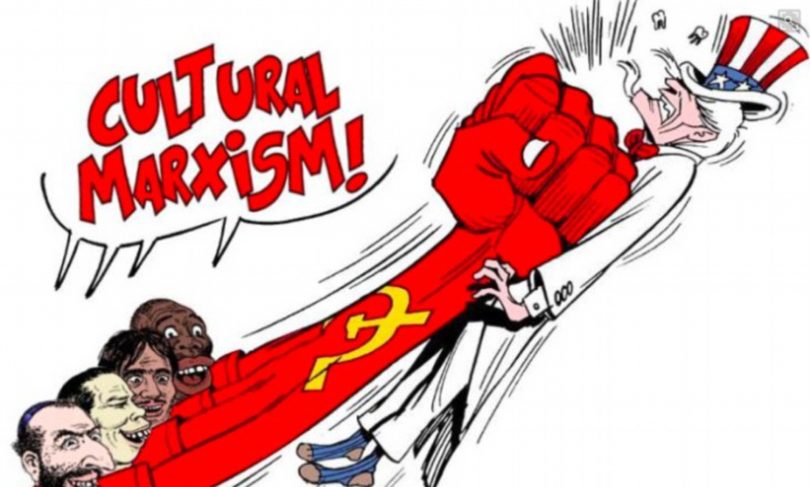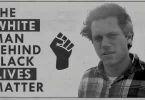The anti-capitalist principles of Karl Marx are alive and thriving in the United States. That’s the opening premise of the documentary Cultural Marxism: The Corruption of America, an intriguing examination of the vast divides which exist in modern western society. In the film’s estimation, these chasms were created by the infiltration of Marxist ideals into the cultural fabric of the U.S., thus resulting in the erosion of traditionalist, Christian values which have long defined the character of the country.
The film speaks to an audience that has been soured by the direction of the country in recent decades, and who long for a return to a way of life that last dominated prior to the sexual revolution of the 1960s. The filmmakers believe that’s the period in history when the culture first began to reject the values of prior generations, and thereby ushered in a pervasive anti-establishment movement. This new way of thinking was primarily driven by America’s susceptible youth.
Aided by a panel of interview subjects including former presidential candidates Ron Paul and Pat Buchanan, the film attempts to unspool the means by which this revolt was made possible. It places a significant part of the blame firmly at the doorstep of the “Frankfurt School”, and Marxist theorist/professor Antonio Gramsci. He believed that a de-Christianization of the west was in order, and could only be achieved through a patient infiltration of its most treasured institutions.
According to the viewpoints presented in the film, evidence of his mission’s success can be found in the destruction of the family unit, the marginalization of religion, and wildly disintegrating sexual morality. Once these fundamentals are violated, all other aspects of a functioning society are made vulnerable as well, including the country’s military power, banking systems, protections for gun ownership and the sanctity of the constitution itself.
Cultural Marxism: The Corruption of America casts a disparaging eye on this era of political correctness, and those on the left who – in the film’s view – work to propagate it. In keeping with its characterization of a deeply splintered society, the film is likely to divide audiences of differing political persuasions. Regardless, it offers a perspective that is cleanly presented and thoroughly articulated.
Directed by: James Jaeger







